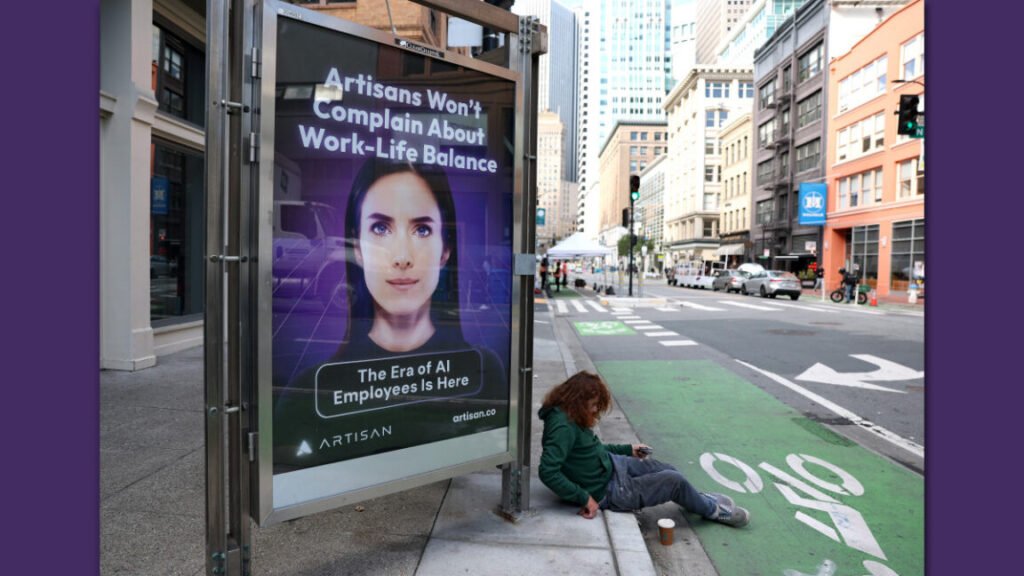Google’s sign-in system also reveals some information about the developer accounts linked to a website. For example, four websites are linked to one Gmail account; another six websites are linked to another. “In order to use Sign in with Google, developers must agree to our Terms of Service, which prohibits the promotion of sexually explicit content as well as behavior or content that defames or harasses others,” says a Google spokesperson, adding that “appropriate action” will be taken if these terms are broken.
Other tech companies that had sign-in systems being used said they have banned accounts after being contacted by WIRED.
Hoffman from Discord says that as well as taking action on the websites flagged by WIRED, the company will “continue to address other websites we become aware of that violate our policies.” Apple spokesperson Shane Bauer says it has terminated multiple developer’s licenses with Apple, and that Sign In With Apple will no longer work on their websites. Adiya Taylor, corporate communications lead at Patreon, says it prohibits accounts that allow or fund access to external tools that can produce adult materials or explicit imagery. “We will take action on any works or accounts on Patreon that are found to be in violation of our Community Guidelines.”
As well as the login systems, several of the websites displayed the logos of Mastercard or Visa, implying they can possibly be used to pay for their services. Visa did not respond to WIRED’s request for comment, while a Mastercard spokesperson says “purchases of nonconsensual deepfake content are not allowed on our network,” and that it takes action when it detects or is made aware of any instances.
On multiple occasions, tech companies and payment providers have taken action against AI services allowing people to generate nonconsensual images or video after media reports about their activities. Clare McGlynn, a professor of law at Durham University who has expertise in the legal regulation of pornography and sexual violence and abuse online, says Big Tech platforms are enabling the growth of undress websites and similar websites by not proactively taking action against them.
“What is concerning is that these are the most basic of security steps and moderation that are missing or not being enforced,” McGlynn says of the sign-in systems being used, adding that it is “wholly inadequate” for companies to react when journalists or campaigners highlight how their rules are being easily dodged. “It is evident that they simply do not care, despite their rhetoric,” McGlynn says. “Otherwise they would have taken these most simple steps to reduce access.”
This story originally appeared on wired.com.




